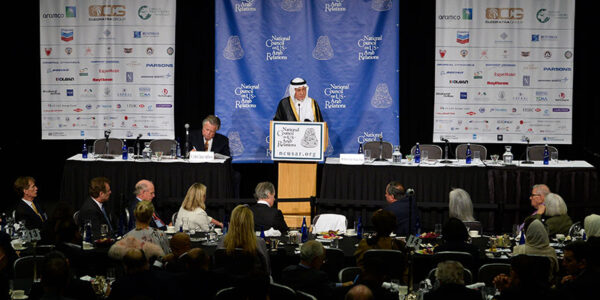
The Middle East Today: Where To?
Keynote speech by HRH Prince Turki Al Faisal delivered at the National Council on U.S.-Arab Relations’ 26th Annual
The views expressed by National Council Analyses & Assessments contributors are the personal views of the individual authors, and are not necessarily endorsed by the National Council on U.S.-Arab Relations, its staff, Board of Directors, or Board of Advisors. Founded 1983 and based in Washington, D.C., the National Council on U.S.-Arab Relations is a non-profit, non-governmental, educational organization dedicated to promoting understanding of the Arab region, the Middle East, and the Islamic world.

Keynote speech by HRH Prince Turki Al Faisal delivered at the National Council on U.S.-Arab Relations’ 26th Annual

On June 20, 2017, many Americans shut down their computers. Others turned off their televisions. Still more set
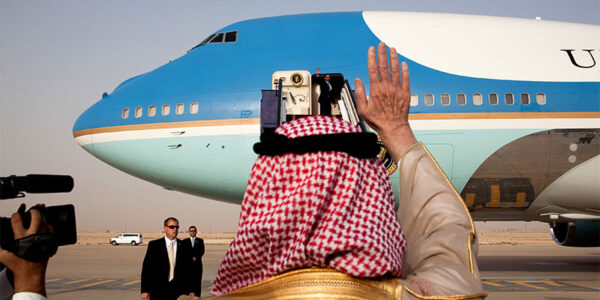
As a candidate for the Oval Office, Donald Trump was not shy about criticizing Saudi Arabia. Contexts change,
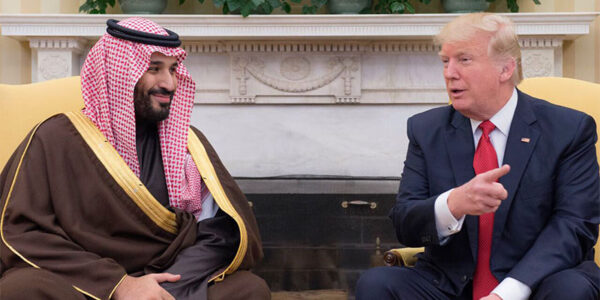
The last ten days were dramatic and, potentially in their own way, historic. The occasion was a visit
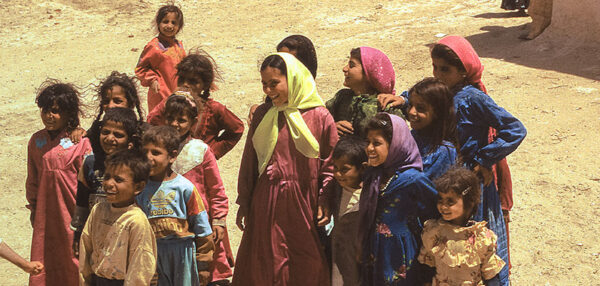
Beyond all the reporting about Syria’s conflict and carnage and the fall of Aleppo to government forces loyal
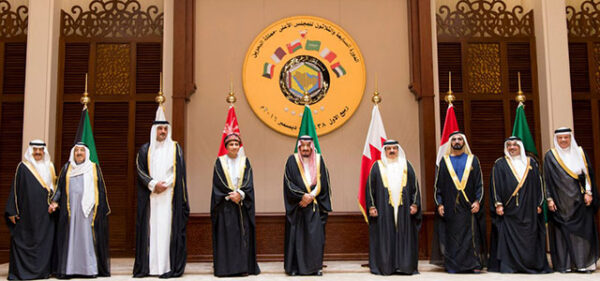
By Dr. John Duke Anthony and Fahad Nazer The results of the U.S. Presidential Election last month confounded

A seismic change is taking place in the United States while important foreign policy issues confront its ascendant

The National Council is pleased to present the most recent addition to its Analyses and Assessments series: an essay

Saudi Arabia has begun administering the Kingdom’s boldest, most innovative, and farthest-reaching modernization and development plan in the

The economic trials currently facing Saudi Arabia – a fall in oil prices resulting in budget deficits, wars
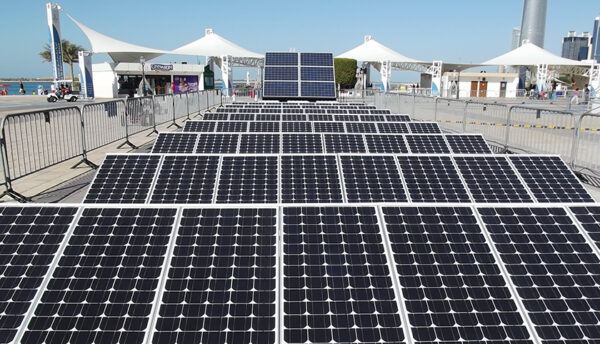
Gulf Cooperation Council (GCC) oil and gas producers face the long-term question of how much and how quickly
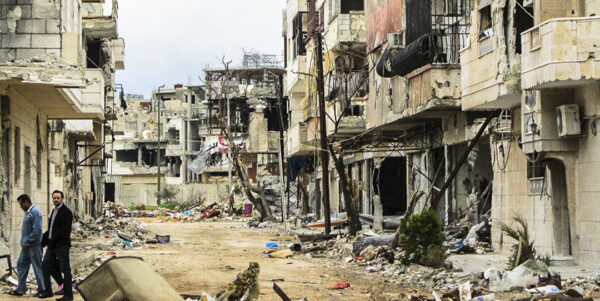
Syria, Yemen, and Libya are clear cases of de-development via destruction and devastation. Each has its own inter-ethnic,